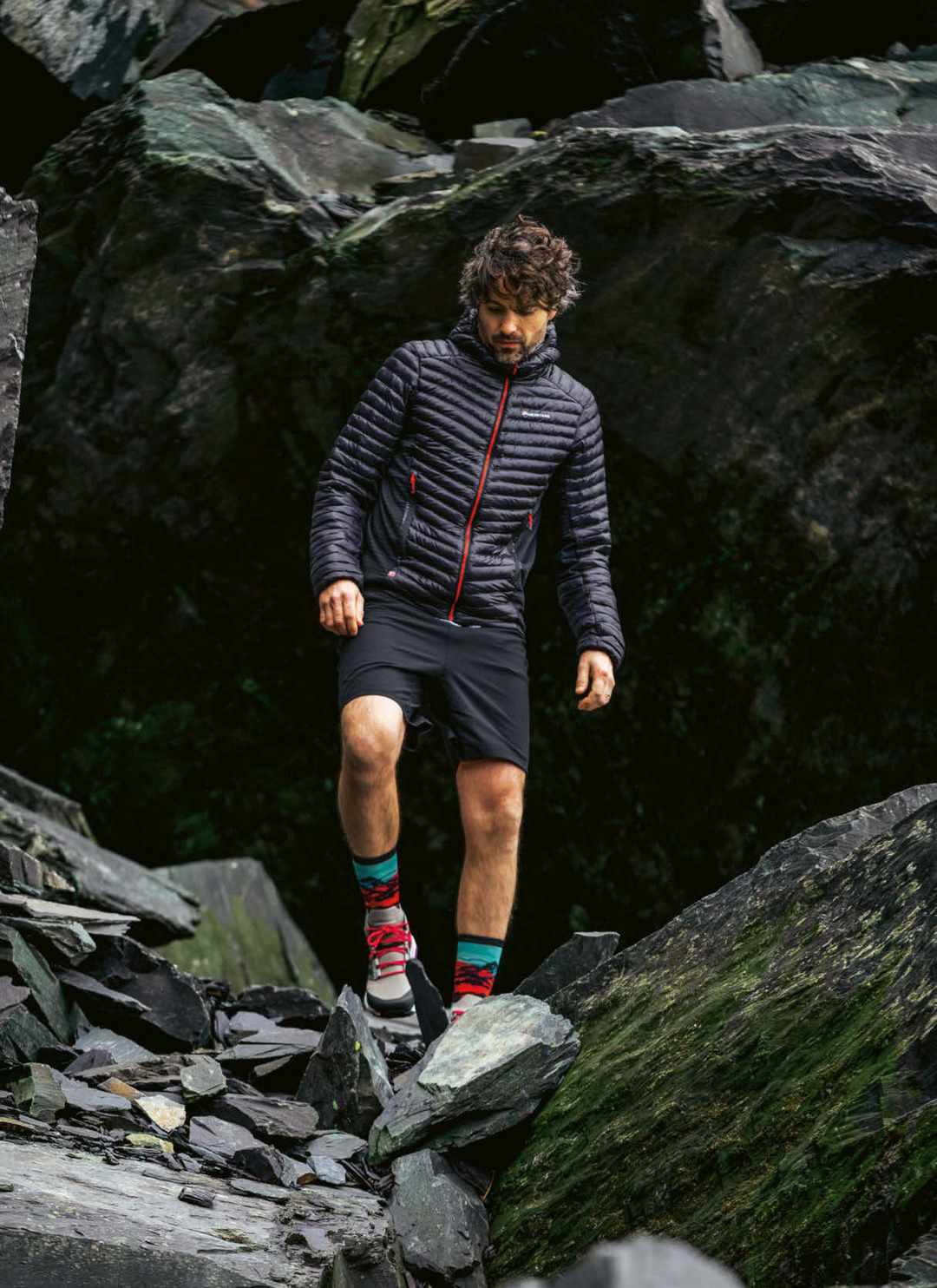Secret Cinema
create the world.” After a guest buys a ticket, they’re assigned a character and given outfit suggestions. “For The Shawshank Redemption we asked everyone to come in a suit, but once they were stripped we needed 1,200 prison uniforms. I found a guy with some original ’40s Norwegian prison uniforms in his garage. That made the audience feel part of the world, because they were wearing something real.” It was very different in 2009 when Kulkarni first joined Secret Cinema for a one-day popup of the Marx Brothers’ A Night at the Opera. “That was the first that had costumes. It’s just me with a rack of clothes and two days to outfit 40 people,” she recalls. “A tall man came in asking for costume. I put an outfit together and because I didn’t panic I got a call to join the company.” The man turned out to be Fabien Riggall, the founder of Secret Cinema.
T
he idea came to Riggall as a child living in Morocco in the ’80s. “I was 11 and I went to this fleapit cinema in Casablanca without knowing what the film was,” he recalls. “It turned out to be Sergio Leone’s Once Upon A Time In America – an insane film with an epic [Ennio]Morricone soundtrack. The protagonist was this boy a bit older than me – Noodles – who was in love with Deborah, played by Jennifer Connelly. I transported myself and became Noodles.” Seventeen years later, in 2003, Riggall launched a short-film festival called Future Shorts. “A friend of mine had this venue, an underground bunker in Shepherd’s Bush Green [in west London] called Ginglik, which was one of those lavish toilets from the old days. I put on a night – 12 short films, a DJ, people chatting, drinking, in those days when you could smoke inside. The idea evolved into the feature-length Future Cinema with 1922 horror Nosferatu at London club SeOne. “We didn’t reveal the film or location, and I thought, ‘It’s not going to sell,’ but 400 people came.” He experimented with an immersive adaptation of Fritz Lang’s Metropolis. “The concept was, ‘How can we make this more real?’ We wanted to play with mystery.” In 2007, this became Secret Cinema. “The first [Secret Cinema] was [Gus Van Sant’s] Paranoid Park, about a skater accused
“People want experiences that are mysterious [and] part of a bigger thing” 46
THE RED BULLETIN








